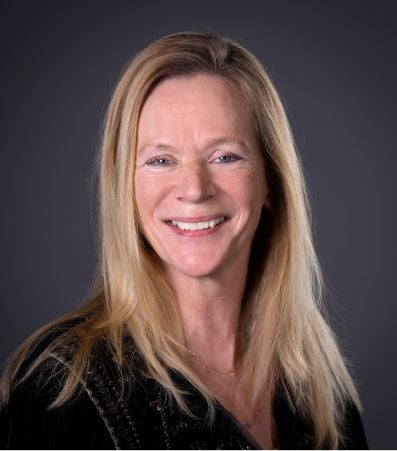"The role of educators has changed in the digital era. The Covid-19 pandemic helped to accelerate the digital transformation. In the early pandemic, educators rallied to provide academic continuity in an unstable environment. That spurred educational innovations, some of which are worth preserving, enhancing and scaling up. Shortly after becoming the coordinator of the Economics and Business Economics Bachelor (EBE BSc) program on January 1, 2021 (amidst the pandemic), I decided to capitalize on the momentum to embark on a Senior Teaching Qualification (STQ) journey and to focus on one of such innovations that matter. In my STQ project, my “canon” team and I have developed a digital canon of knowledge in Economics, a library of knowledge clips representing concepts that are considered foundational to the field of Economics, which I refer to as the canon pilot. Such bottom-up initiative serves as a means to stimulate active blended learning (ABL) at the cross-curricular level and fits seamlessly with our university's priority areas, strategic aspirations and the School of Business and Economics’ ABL design framework.
Designing a future-proof canon pilot with high upscaling potential required following a systemic approach and building sustainable teams. Dealing with these challenges, along with engaging intensively with academic staff from different faculties and even a different university, motivated me to participate in the STQ program. The scope, logistics, and involved parties of the canon pilot made it not only challenging but also complex. During the STQ period, which lasted about 11 months, we accomplished:
- establishing a firm support base and maximizing information sharing by organizing two events: an educational session at the departmental (Economics) level at the beginning and an ABL workshop at the EBE BSc program level at the end.
- setting up clear guidelines for content and design to ensure effective knowledge diffusion.
- developing an implementation plan and ensuring that the necessary infrastructure was in place for recording the knowledge clips
In doing so, my team and I successfully activated cumulative learning across courses, connected teaching staff who are part of a sequence of courses and ensured a degree of consistency in which ABL tools (knowledge clips) can be used for activating independent and own-paced student learning along the “knowledge” learning pathway within the Economics specialization in the EBE BSc program. We considered the closing of the STQ period not as an endpoint but as the beginning of a new phase. I am proud to announce that we have now successfully completed the digital canon pilot, resulting in the creation of 76 knowledge clips in the field of Economics. And I am very happy to share that as of early July 2024, we’ve started the roll-out and expansion of the canon project to the other three EBE BSc specializations (Accounting, Marketing and Finance).
The STQ journey has been a great learning experience and an opportunity to grow professionally and personally. All of this was facilitated by its excellent set-up managed by our two enthusiastic STQ trainers: a combination of large plenary sessions, small peer feedback sessions and one-to-one coaching sessions. Some moments were particularly impactful and provided valuable insights. Let me describe a few of these powerful moments.

